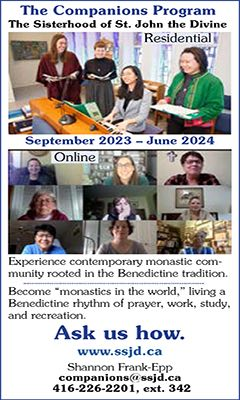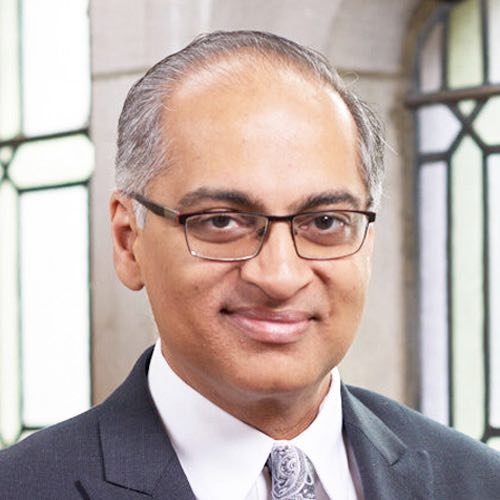I play the role of lead actor in the story of my life, and even my nearest and dearest are but supporting actors. This claim shouldn’t surprise. I can’t hear your thoughts as I do my own. I am inside my own life in a way that I can never be inside yours. However well I grow to know you, I don’t know what it is like to be you. The view from inside my meat suit can never be the same as yours.
The great appeal of reading memoirs and novels rests in their power to liberate us from solipsism — the prison of our own limited standpoint. Presently, I am imagining what it might be like to be 14-year-old Lily Owens as she lives her precocious and tragic early life in The Secret Life of Bees. A well-constructed novel is a window into other worlds; it reminds me that there are other stories, many far grander than mine.
That is why it is so precious when others let us in by telling us their stories. I glimpse that my narrative is just one among many. I am the centre of my world but not of the world. The transition from dwelling exclusively inside my world and entering the shared world is the journey of maturity.
For adolescents arriving at self-awareness, their story is the world entire. But, as we grow, we come into a complicated double awareness: I cannot escape my own skin; but maturity, communion, and love require a capacity to enter, by empathy, into other worlds. These worlds include not just the experiences of other people but also the stories of my neighborhood, my ethnicity, my nation and even historical and evolutionary narratives. Ultimately, we aspire to find our place even in the great cosmic story of the universe’s unfolding. Our personal stories do not fade into irrelevance, but we recognize our lives as portals into larger frames.
Consider Kenneth Burke’s famous metaphor of “the unending conversation.”
Imagine that you enter a parlor. You come late. When you arrive, others have long preceded you, and they are engaged in a heated discussion, a discussion too heated for them to pause and tell you exactly what it is about. In fact, the discussion had already begun long before any of them got there, so that no one present is qualified to retrace for you all the steps that have gone before. You listen for a while, until you decide that you have caught the tenor of the argument; then you put in your oar. Someone answers; you answer her; another comes to your defense; another supports what you have to say; another disagrees. The discussion, however, is interminable. The hour grows late, you must depart. And you do depart, with the discussion still vigorously in progress.
Burke has in mind no mere salon. His is the story of the ongoing conversation of culture itself — a conversation each of us enters very late indeed. And the only way to leave is the hard way — when we die.
What does any of this have to do with Christian life? Far be it from me to offer a fast and facile answer. But it does seem to me that to be Christian is to be part of the story of Jesus Christ and his invitation to create the beloved community. That’s the story he bids us enter. When I say “yes” to him, I do so because I no longer want to be the star of my own claustrophobic Truman/Thatamanil Show. I want to be part of a conversation with you, my community of dear ones, who share with me a longing to figure out what it means to live a Christomorphic life — a life shaped according to the pattern of Jesus Christ, but in this time and for this place.
That (hopefully) unending conversation has been going on for over two thousand years and it will go on long after we return to dust. But, with your help and our mutual love, we learn to inhabit the story of God’s activity in the world through Christ in the power of the Spirit.
Of course, it is not the only story with the grandeur, beauty and purpose to fund and fuel a rich and tender life. I love other stories too — including, for example, the story of the Buddha. But, you, dear friends who are the church, I long to keep company and make meaning with and alongside you. And now, because of the church, my personal meat suit is not my only body. With you, I am part of the body of Christ in every time and place. I participate with you in what that corporate body yearns to be and to do — embrace, console, disturb, heal, love and be loved by a world that God has long loved and will love without end.
Now, that, my friends, is some story! Let’s find out what it means to be part of that story together.




